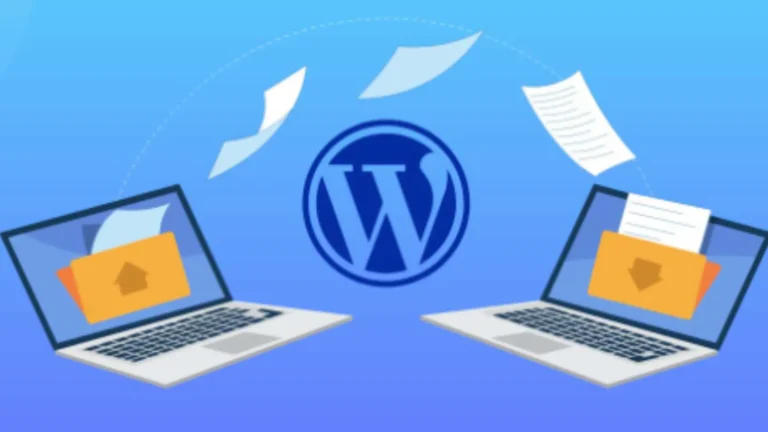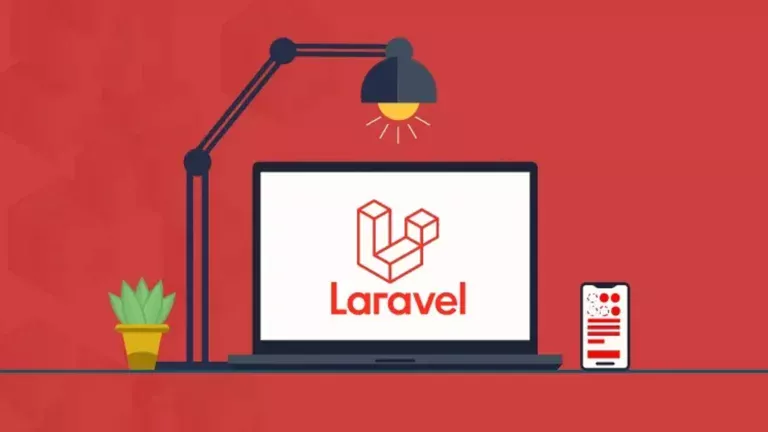WordPress is a popular content management system (CMS) that makes the process of creating a blog or website much simpler. It is free to use.
Matt Mullenweg and Mike Little collaboratively founded it in 2003. It’s a piece of open-source software that you are free to download, adapt, edit, and otherwise use in any way you see appropriate without restriction.
WordPress is popular among bloggers and small company owners because of its adaptability, which is why it is so popular.
Advantages of WordPress
-
It’s Simple to Get Started
Getting started with WordPress becomes very simple, especially when opting for a third-party service that enables one-click installation.
Then you’ll be taken through the site setup process. Which includes things like naming your site, choosing your site colors, selecting abeginning theme, and so on.
-
Numerous Themes to Select From
When considering the advantages and disadvantages of WordPress, one of the most significant advantages of the platform. It is the sheer quantity of themes available to choose from.
Automattic maintains dozens of free templates accessible in the WordPress theme directory.
-
Thousands of Plugin Configurations to Choose From
In the same way that there are hundreds of theme choices. There are thousands of plugin possibilities for adding functionality to WordPress.
Plugins offer a wide range of topics, from SEO to social media sharing, and their prices are competitive.
The plugin repository offers a plethora of free or light versions of plugins, while paid choices are available on sites such as CodeCanyon or individual developer websites.
-
SEO included.
Another advantage of WordPress is that the platform itself is very search-engine friendly.
Search engines easily index and rank higher any website created with WordPress.
Many WordPress themes come optimized for search engines right from the start, which adds a nice feature to them.
Additionally, plugins (such as Yoast) are available to assist in streamlining the process of optimizing specific pages and blog articles.
-
Content Creation Has Been Simplified
With the help of page templates and blog templates, you may significantly expedite and simplify the content development process.
Within minutes, you can build a new page or post, add your content (including graphics, tables, and other formatting modifications) to it, and publish it all in one convenient location.
Disadvantages of WordPress
-
The sheer amount of choices may be debilitating
The fact that WordPress is simple to use does not exclude it from having a plethora of capabilities. That may be difficult to comprehend and master in order to get the most out of the platform.
Similarly, if you don’t have a clear vision of what you want your site to look like before you begin developing it. WordPress might be intimidating.
Alternatively, if you just want to be able to click through a list of choices and create your website, WordPress may not be the best choice for you.
This is especially true if you’re seeking to construct something more complicated.
-
You will be responsible for updates and security.
Generally speaking, while using WordPress, you are responsible for the overall management of the website.
This means you’ll need to educate yourself on how to improve the performance of your site, optimize its SEO, and secure its security.
Security is a major concern, to say the least. Using a security plugin, following “hardening” guidelines, and keeping your site up to date are all essential to ensuring your site’s security.
Having a managed hosting package is the sole exception to this rule. But the additional expense might make this convenience out of reach for many people.
-
Customizing a WordPress template may be a costly endeavor.
Yes, many themes and plugins are available for free. But if you want a completely customized website, you will have to pay a fee. Premium themes and plugins might be prohibitively costly to purchase.
Furthermore, if you wish to make more substantial modifications to your design that your theme does not cover. You will need to have some coding experience.
Alternatively, you may engage a professional designer, which would incur additional costs.
-
There is no dedicated support.
One of the most significant advantages of WordPress may also be one of its most significant disadvantages for certain users. This content management system (CMS) is open-source. Which means you may update, adapt, and use it any way you see appropriate.
However, since it is not a commercial product, it does not get any specific support from the manufacturer.
Should you use WordPress?
The good news is that WordPress is accessible to the vast majority of individuals. And will prove to be an excellent alternative for their requirements.
It is, nevertheless, especially well- suited for small firms, freelancers, and online shop owners that have a basic understanding of web design. But may not have the necessary abilities to construct a design from scratch from the ground up.
It is intended for individuals who already know what they want but want a small number of predefined answers in order to put it into action.




